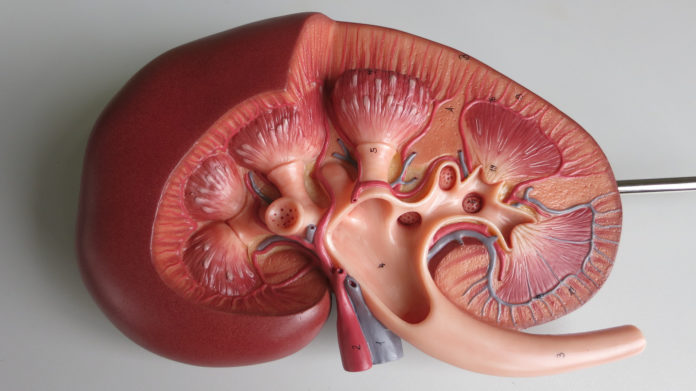Study by University of Minnesota finds no significant health risks in the long and short term
Availability of organs is one of the limiting factors in transplants. While the situation is extremely dire in India, it is a problem the world over. That is why there is an increasing trend of adults over 60 years of age donating one kidney while alive.
Now, a new Clinical Transplantation study done by the University of Minnesota indicates that kidney donation among carefully-selected adults over 60 years of age poses minimal perioperative risks and no added risk of long-term kidney failure. Though India has been transplanting kidneys since 1971, lack of organs has periodically spawned “kidney rackets” all over the country. Between 1971 and 2018, only 20,952 kidney transplants have happened in the country. Surgeons say reluctance of families to agree to cadaver donation, a general lack of awareness and in some cases infrastructure limitations stand in the way of transplants.
Like in the rest of the world, in India too a combination of an aging population and an overwhelming kidney transplant waitlist will necessarily compel transplant centers into accepting more older donors as a way to expand the donor pool.
Between 1971 and 2018, only 20,952 kidney transplants have happened in the country
Between 1975 and 2014, 3752 donor nephrectomies (DN) were performed at University of Minnesota, that is those many living donors had agreed to give one kidney. Of these, 167 (4.5%) were more than 60‐years‐old. The university analysed short‐ and long‐term outcomes of these older adults living with one kidney with those of the same age who had two kidneys. The overall health of the two groups was comparable and the researchers concluded that if there is careful pre-donation screening there are no added risks if old people donate an organ.
“What this study demonstrates is that carefully-selected older kidney donors are at no higher risk, short-term or long-term, than their younger counterparts and this finding has the potential to expand the donor pool by making accessible a whole segment of the population that previously was perceived high-risk for donation,” said lead author Dr. Oscar Serrano, of the University of Minnesota.


